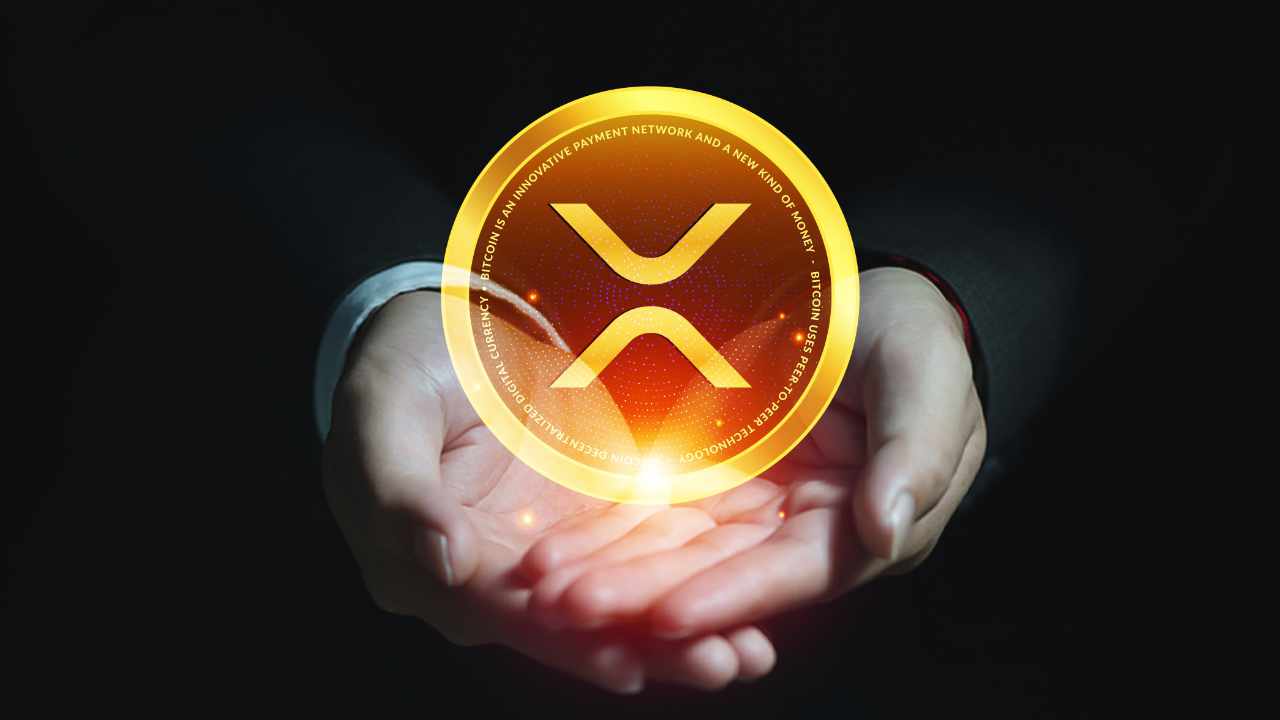Webus International Limited, a Nasdaq-listed company specializing in AI-driven mobility solutions and chauffeur services, has secured a conditional Securities Purchase Agreement with Ripple Strategy Holdings, granting them access to up to $100 million. This strategic maneuver signals a significant commitment to XRP and blockchain technology, marking a bold step into the future of finance. The agreement is structured as a senior equity line of credit, allowing Webus to draw down funds in tranches over a 24-month period. This flexibility provides Webus with the agility to manage its capital needs effectively while avoiding unnecessary dilution of existing shares.
The $100 million facility is primarily intended to fuel the growth of Webus’s XRP treasury strategy, which encompasses a range of initiatives. These include integrating XRP into Webus’s payment infrastructure to facilitate faster, cheaper, and more efficient transactions for its users. Additionally, the company plans to leverage blockchain technology to create innovative and rewarding loyalty programs that incentivize user engagement and build brand loyalty. Furthermore, Webus aims to utilize XRP to streamline cross-border payments and expand its operations into new markets.
Ripple Strategy Holdings, the enigmatic partner in this deal, is shrouded in relative obscurity. Public information about the company is scarce, but its name strongly suggests a focus on supporting ventures related to XRP. By partnering with Webus, Ripple Strategy Holdings is essentially making a strategic bet on the company’s ability to successfully integrate and leverage XRP within its existing business model. This partnership underscores a growing institutional interest in XRP and its potential applications.
Webus International operates at the intersection of two disruptive technologies: artificial intelligence (AI) and blockchain. By combining AI-driven mobility solutions with blockchain-based payment and loyalty systems, Webus aims to create a seamless and efficient user experience. The integration of XRP is a key component of this vision, allowing Webus to offer its customers a range of benefits. These benefits include faster payments, lower transaction fees, enhanced security, and global reach. XRP’s fast transaction speeds enable near-instantaneous payments, reducing friction for users. Additionally, XRP’s low transaction fees translate to cost savings for both Webus and its customers. Blockchain technology provides a secure and transparent platform for processing payments and managing loyalty programs. Furthermore, XRP’s global network allows Webus to easily facilitate cross-border transactions, opening up new markets and opportunities.
Webus’s $100 million investment in XRP is a significant vote of confidence in the cryptocurrency’s long-term potential. In a market often driven by speculation and hype, this deal represents a tangible example of a company putting real money behind XRP’s technology. This can have several positive effects on the XRP ecosystem. Increased adoption is one such effect, as Webus’s integration of XRP into its payment systems will expose the cryptocurrency to a wider audience, potentially driving increased adoption. Greater liquidity is another positive effect, as Webus uses XRP for payments and other transactions, contributing to greater liquidity in the XRP market. Additionally, the deal sends a positive signal to the market, potentially boosting investor confidence in XRP.
While the deal between Webus and Ripple Strategy Holdings is undoubtedly positive news for both companies and the XRP community, it’s important to acknowledge the challenges and opportunities that lie ahead. Regulatory uncertainty is one such challenge, as the regulatory landscape for cryptocurrencies remains uncertain in many jurisdictions. Webus will need to navigate these challenges carefully to ensure compliance with all applicable laws and regulations. Market volatility is another challenge, as the cryptocurrency market is known for its volatility. Webus will need to manage its XRP treasury effectively to mitigate the risks associated with price fluctuations. Integration complexity is yet another challenge, as integrating XRP into existing payment systems and loyalty programs can be a complex and time-consuming process. Webus will need to invest in the necessary resources and expertise to ensure a smooth and successful integration.
Despite these challenges, there are numerous opportunities that lie ahead. One such opportunity is the first-mover advantage, as Webus can gain a first-mover advantage in the market for blockchain-based mobility solutions by being an early adopter of XRP. Enhanced user experience is another opportunity, as the integration of XRP can significantly enhance the user experience by providing faster, cheaper, and more convenient payment options. Global expansion is yet another opportunity, as XRP can facilitate Webus’s global expansion by streamlining cross-border payments and reducing transaction costs.
Webus’s $100 million investment in XRP is more than just a financial transaction; it’s a strategic bet on the future of digital payments and the potential of blockchain technology to transform the mobility industry. By embracing XRP, Webus is positioning itself at the forefront of innovation, potentially paving the way for other companies to follow suit. While challenges remain, the opportunities are vast, and the potential rewards are significant. As Webus continues to integrate XRP into its operations, it will be fascinating to watch how this bold move shapes the future of both the company and the broader XRP ecosystem. The true potential of cryptocurrencies lies not just in their speculative value, but in their ability to solve real-world problems and create new opportunities for businesses and consumers alike. The XRP effect, it seems, is just beginning.











